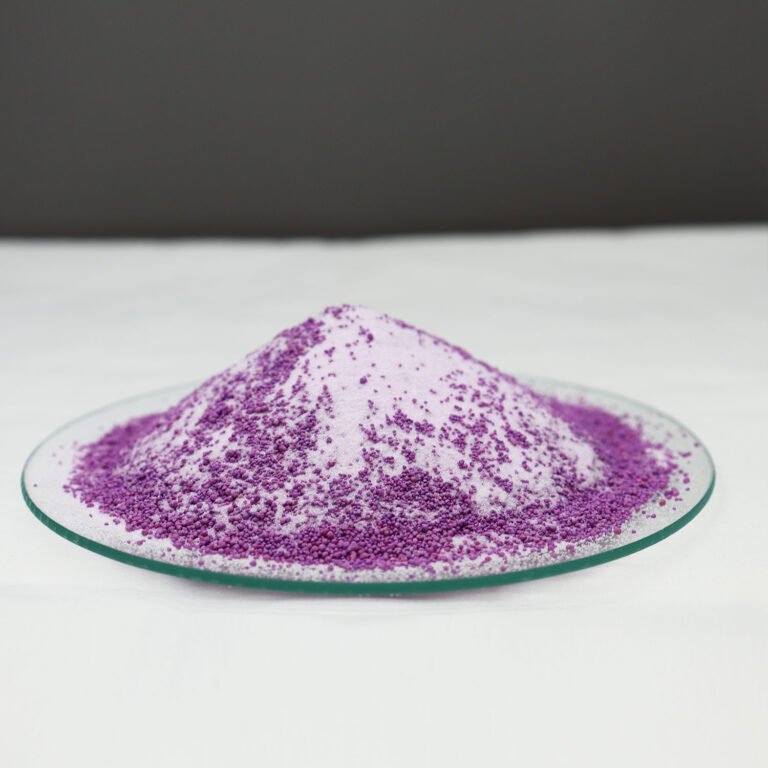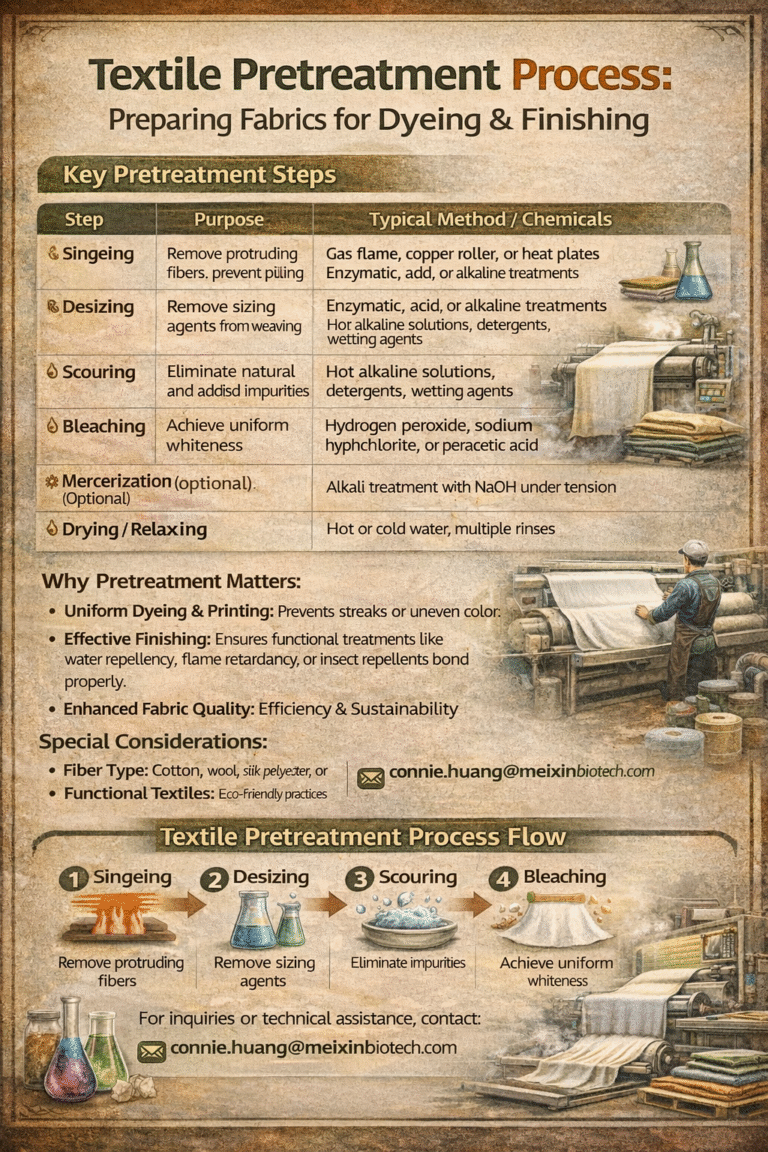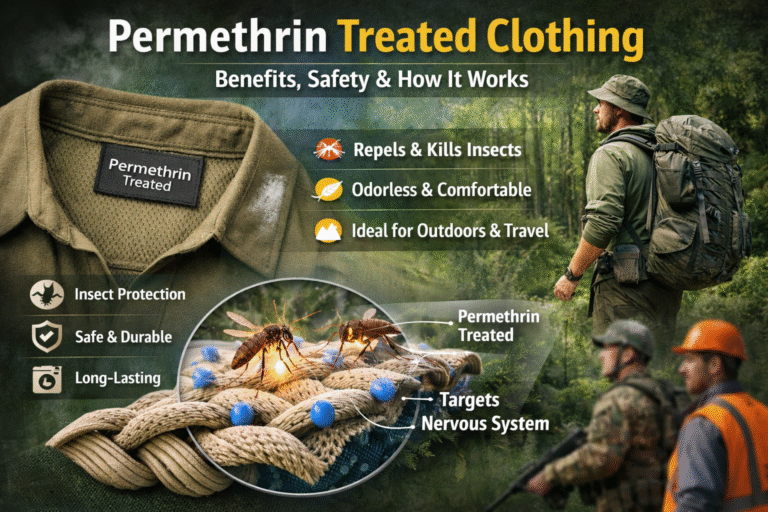Silicone softeners play a crucial role in modern textile finishing, offering softness, smoothness, and enhanced fabric performance. Whether you’re sourcing from overseas or looking to partner with a long-term supplier, understanding how silicone softeners work—and what to look for when importing—is essential. Below, we’ve compiled some of the most frequently asked questions (FAQs) about silicone softener for textiles to help importers make informed decisions.
1. What Is Silicone Softener and How Does It Work?
A silicone softener is a type of textile softening agent made with silicone-based polymers. It is widely used in finishing processes to improve the hand feel, drape, and surface properties of fabrics such as cotton, polyester, rayon, and blends.
When applied to textiles, the silicone forms a thin film on the fiber surface, reducing friction and giving the fabric a silky or smooth touch. Some types even offer hydrophobic or durable softening effects, depending on the chemical structure.
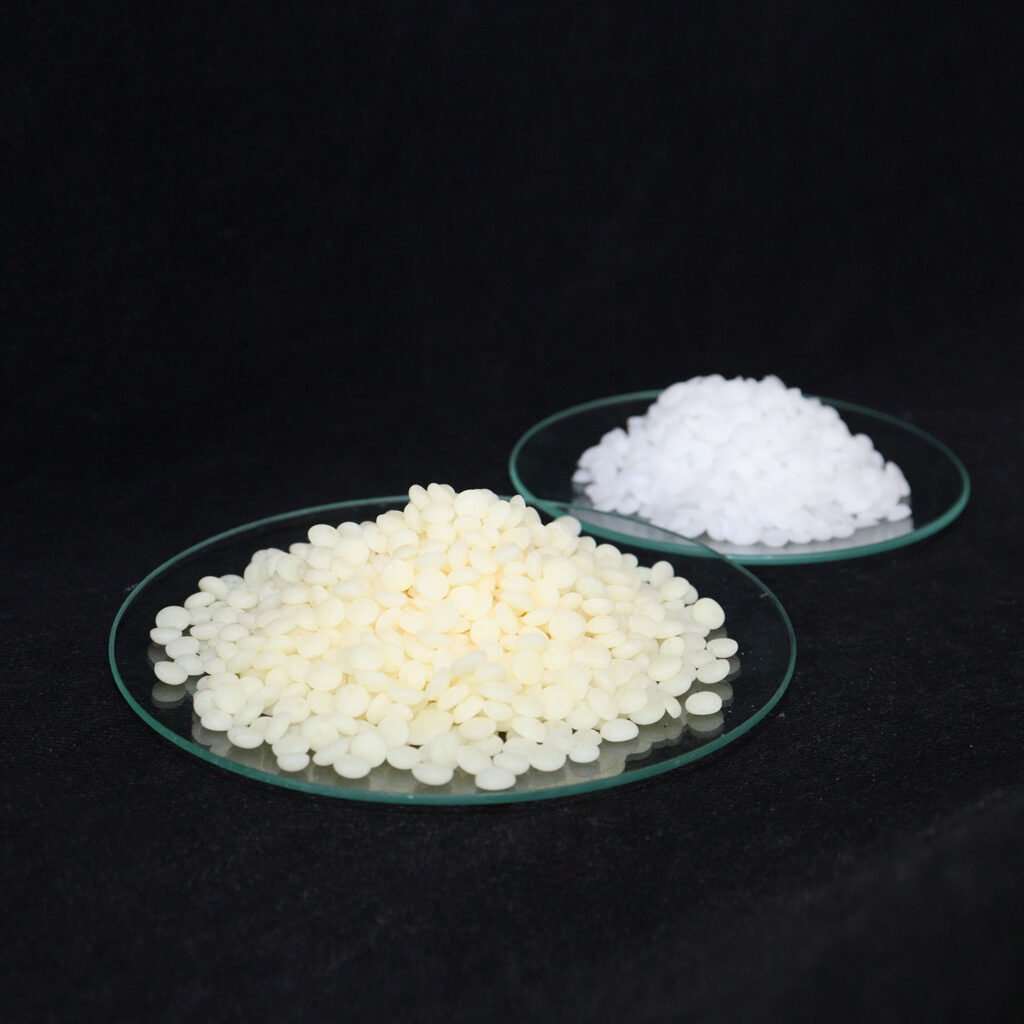

2. What Are the Main Types of Silicone Softener?
There are several types of silicone softeners available, each offering different characteristics:
- Amino silicone softeners – Provide exceptional softness and elasticity; widely used for cotton and polyester.
- Hydrophilic silicone softeners – Designed to retain water absorbency, ideal for towels and sportswear.
- Silicone softener beads – A newer form offering better storage stability and easy dispersion in water.
- Blocked or microemulsion silicone softeners – Used for better compatibility with other finishing agents.
Choosing the right type depends on your application needs and fabric type.
3. What Are Silicone Softener Beads?
Silicone softener beads are solid or semi-solid silicone materials that can be dispersed in water before use. They offer longer shelf life, reduced transportation cost, and better control during formulation. These are especially popular among custom silicone softener for textiles buyers who require tailor-made softness levels and application methods.
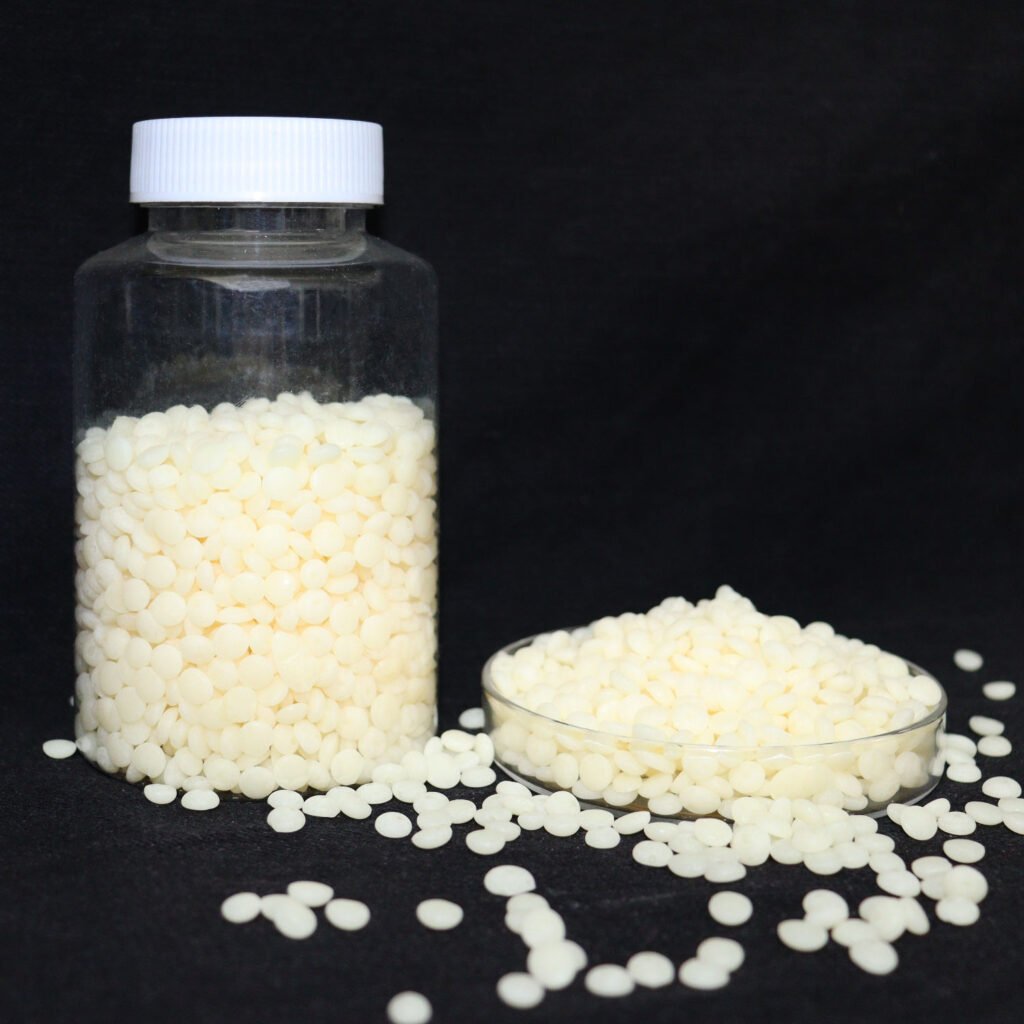

4. Why Do Importers Prefer Silicone Softener from China?
Many importers source from silicone softener manufacturers in China due to several advantages:
- Competitive pricing thanks to mature production systems
- Custom formulation services for niche markets
- Reliable quality control and technical support
- Global shipping and fast lead times
China’s leading suppliers, like Meixin Biotech Co., Ltd., offer OEM/ODM solutions and environmentally responsible formulations suitable for international markets.
5. How to Choose the Right Silicone Softening Agent?
When selecting a textile softening agent, consider the following factors:
- Fabric type (cotton, polyester, wool, etc.)
- Desired hand feel (soft, smooth, bouncy, dry touch)
- Process compatibility (pad-dry-cure, exhaust, spray)
- Wash durability and reusability
- Eco-friendliness and regulatory compliance
Requesting product samples and a technical data sheet from your supplier can help evaluate product performance before placing bulk orders.
6. Can Silicone Softeners Be Eco-Friendly?
Yes. Many modern silicone softeners are formaldehyde-free, APEO-free, and biodegradable, making them compliant with international environmental regulations such as OEKO-TEX® and REACH. Always ask your supplier for certification and test reports.
7. What Are the Minimum Order Quantities (MOQs)?
MOQs vary depending on the manufacturer and product type. For custom silicone softeners, the MOQ may range from 200kg to 1 ton. However, some suppliers offer flexible quantities for new customers or product testing.
8. Can I Get a Custom Formulation?
Absolutely. Reputable manufacturers like Meixin Biotech Co., Ltd. provide custom silicone softener formulations tailored to your specific needs, such as softness level, application method, or special properties like anti-yellowing or anti-static effects.
9. What Are the Storage and Shelf Life Requirements?
Most silicone softeners should be stored in a cool, dry place at temperatures between 5–30°C. Silicone softener beads typically have a shelf life of 12–18 months, depending on formulation and packaging.
10. Who Can I Contact for High-Quality Silicone Softener from China?
If you’re looking for a reliable silicone softener supplier in China, Meixin Biotech Co., Ltd. offers:
- High-performance and environmentally safe silicone softeners
- Silicone softener beads and emulsions for a wide range of textile applications
- Customization and OEM/ODM services
- Full documentation and technical support
Contact Meixin Biotech Co., Ltd.
Email: connie.huang@meixinbiotech.com
Softening Auxiliaries Articles
How Fabric Softener Flakes Improve Hand Feel in Garment Finishing
Silicone Softener Beads vs. Emulsions: Pros and Cons for Textile Finishing
Softergent Flakes vs. Liquid Softeners: Which Should You Use?
Top 5 Applications of Silicone-Based Softeners in Modern Textile Processing
How Silicone Softening Beads Improve Fabric Feel and Process Efficiency
Silicone Fabric Softener vs. Traditional Softeners: Which Is Better?
What Is a Silicone Softener for Textiles? Benefits, Types & Applications
Understanding Fabric Softener Flakes: Types, Usage & Key Advantages
Does Silicone Softener Affect Color Fastness? Application Tips for Garment Dyeing
How to Apply Silicone Fabric Softeners in Dyeing & Finishing Processes
Where to Buy High-Quality Silicone Softener for Textiles (2025 Guide)
How to Choose the Right Silicone Fabric Softener for Cotton, Polyester & Blends
Top Exporters & Manufacturers of Silicone Softening Beads in China
Understanding Fabric Softener Flakes and Their Role in Textile Care
Is Bead-Type Softener Suitable for Export? 5 Key Questions + Packaging, Storage & Transport Tips
5 Key Questions to Ask Before Buying Silicone Softeners for Garment Production
How High-Concentration Softeners Help Garment Factories Reduce Production Costs
Bead vs. Liquid Silicone Softeners: Which Is Better for Mass Fabric Processing?
Eco-Friendly Silicone Fabric Softeners: Are They Worth the Switch?
FAQs About Silicone Softener for Textiles: Everything Importers Need to Know
